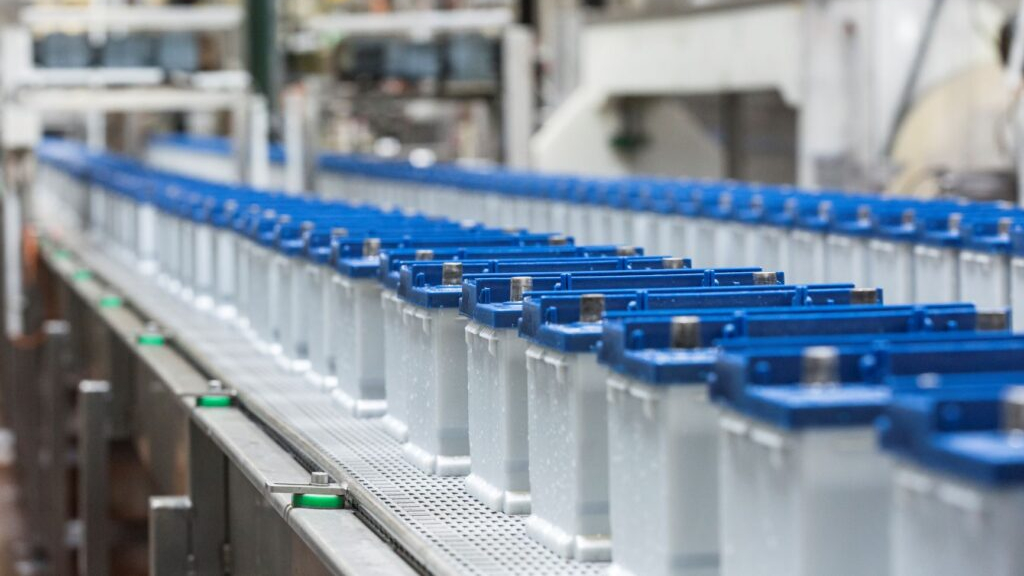EUROBAT statement in view of ECHA 11th Recommendation

EUROBAT takes note of the Recommendation of both ECHA and its Member State Committee (MSC) to include lead metal in the Authorisation List with a latest application date of at least 3 years from the date of inclusion of the substance.
However, EUROBAT recalls that the MSC also invites the Commission to consider the upcoming Batteries Regulation before deciding whether or not to include the substance in Annex XIV. During the MSC meeting of 8 February, several Member States also signaled opposition to the inclusion.
Overall, EUROBAT recommends that the Commission departs from the Agency’s Recommendation, support EU businesses and continue discussions on what could be a more effective and proportionate risk management measure to address any residual concerns with lead exposures.
Inclusion in Annex XIV would send a negative signal to investors and businesses, which would ultimately drive the lead battery manufacturing industry out of Europe. All this at a time when global demand for batteries – of all chemistries – is increasing to meet decarbonisation and sustainability targets.
The EU-based lead battery value chain is proven, economically sustaining and operates in a closed loop, with 99% of lead batteries collected at end of life for recycling, embracing circular economy principles. Accordingly, the average lead battery made in the EU today contains more than 80% recycled materials and more than 80% of the lead in European lead batteries is produced from recycled sources.
Lead-based batteries support key applications in sectors such as transport, telecoms, and electricity, from start-stop batteries for hybrid vehicles and auxiliary batteries in electric vehicles to uninterrupted power supplies for telecoms and other essential services to energy storage systems.